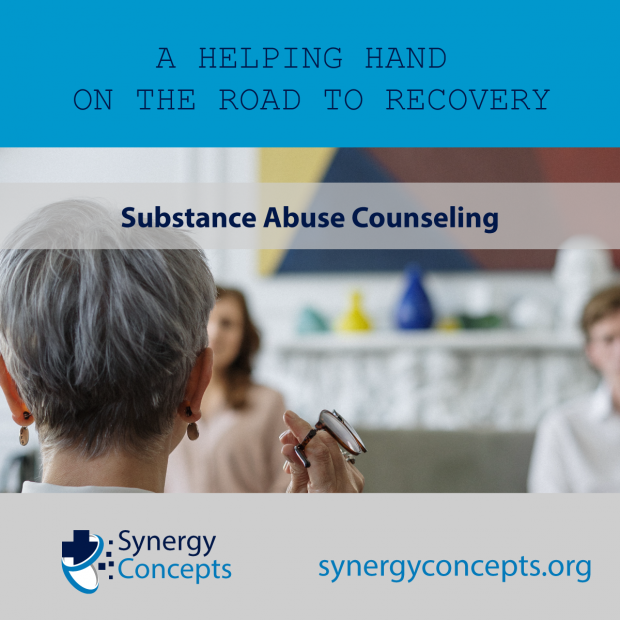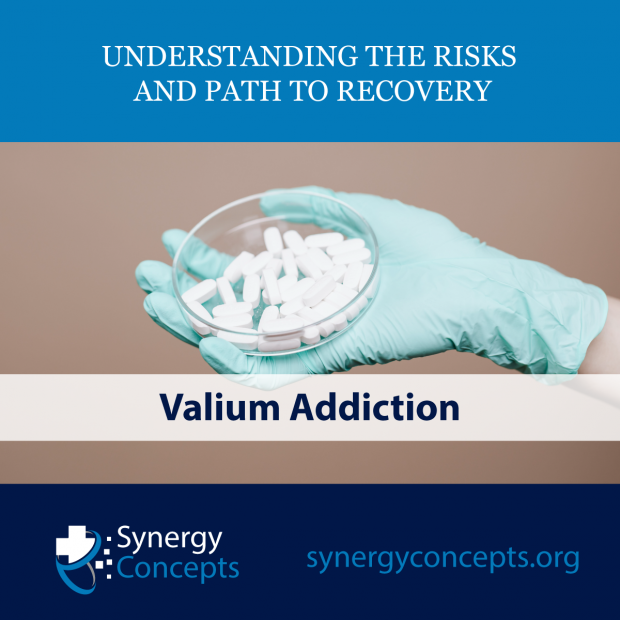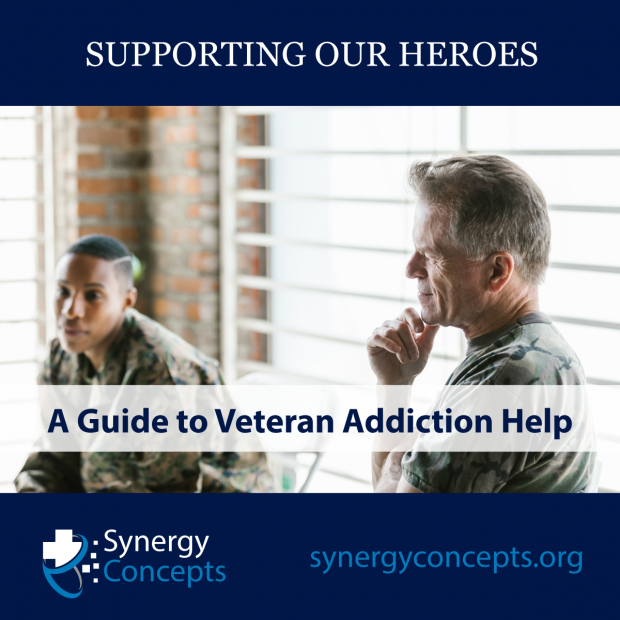The Importance of Substance Abuse Counseling
This is a topic that affects millions of people worldwide: substance abuse. If you or someone you know is struggling with addiction, you’ve probably heard about substance abuse counseling. But what exactly is it, and how can it help? In this blog post, we’ll explore the ins and outs of substance abuse counseling, shedding light on its benefits and offering a glimpse of the support it can provide.
What is Substance Abuse Counseling?
Substance abuse counseling is a specialized form of therapy that aims to help individuals overcome addiction and lead healthier, more fulfilling lives. It involves a collaborative process between a trained counselor and the person seeking assistance. The counselor’s role is to provide guidance, empathy, and support while helping individuals identify and address the underlying causes of their substance abuse.
The Benefits of Substance Abuse Counseling:
- Non-judgmental Support
- Identifying Triggers and Patterns
- Developing Personalized Strategies
- Building a Support Network
- Long-term Recovery Planning
1. Non-judgmental Support
One of the most significant advantages of substance abuse counseling is the non-judgmental environment it provides. Counselors are trained to approach each person’s situation with empathy and a lack of judgment. This safe space allows individuals to discuss their struggles openly, without fear of stigma or shame, fostering an atmosphere of trust and understanding.
2. Identifying Triggers and Patterns
Substance abuse counseling helps individuals identify the triggers and patterns that contribute to their addictive behaviors. By understanding these underlying factors, individuals can develop healthier coping mechanisms, build resilience, and make informed decisions to avoid relapse.
3. Developing Personalized Strategies
Every person’s journey to recovery is unique. Substance abuse counseling recognizes this and tailors treatment plans to each individual’s specific needs. Counselors work with clients to develop personalized strategies that address their particular challenges, whether through cognitive-behavioral therapy, group therapy, or a combination of different approaches.
4. Building a Support Network
Recovering from substance abuse can be challenging, but substance abuse counseling provides individuals with access to a supportive network. Counselors often connect their clients with support groups and community resources, creating a community of peers who understand the struggles and can provide additional encouragement and guidance.
5. Long-term Recovery Planning
Recovery is not a quick fix; it’s a lifelong journey. Substance abuse counseling helps individuals develop long-term recovery plans that focus on relapse prevention and maintaining a healthy, substance-free lifestyle. By setting achievable goals and regularly monitoring progress, individuals can stay on track and avoid potential setbacks.
Substance abuse counseling is an invaluable resource for individuals seeking to overcome addiction and regain control of their lives. With its non-judgmental approach, personalized strategies, and support network, counseling provides the tools necessary for a successful recovery journey. If you or someone you know is struggling with substance abuse, consider reaching out to a qualified substance abuse counselor – it could be the first step towards a brighter future.
Remember, it’s never too late to seek help, and recovery is possible! Reach out to a substance abuse counselor today and take that courageous first step towards a healthier, happier life.
Check out our substance abuse treatment center partners in your area!













Leave a Reply